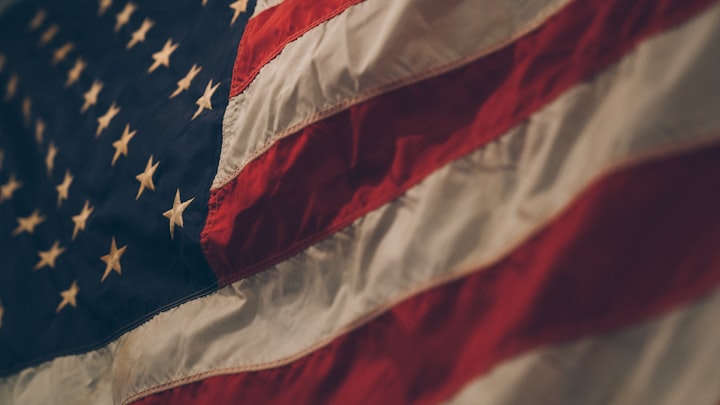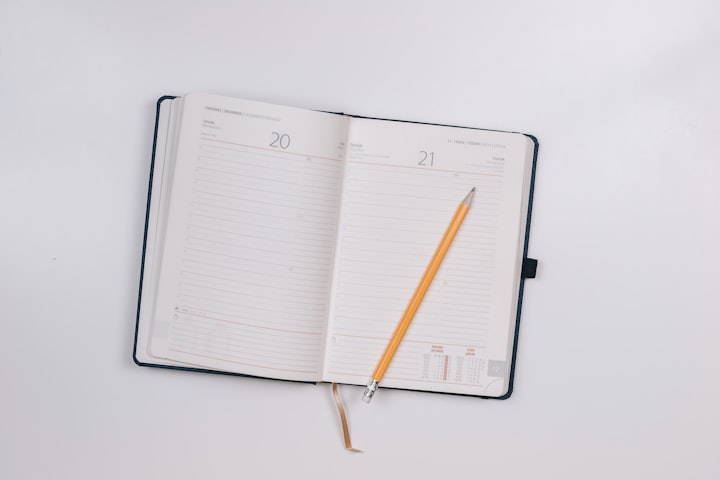“Go Back to Where You Came From!”
America’s “melting pot” in terms of cultural identity

I changed from my sweaty gym clothes with a smile on my face. That game was good. Really good. The voices around me seemed to agree with my inner dialogue; some voices were filled with frustration (the losing side) while my teammates gloated and recounted the game’s key moments with pride and excitement in their voices.
As I headed towards the door and joined the line of other girls, I made eye contact with one of the girls I played against; a girl on the losing side.
She started at me ferociously, as if her team hadn’t lost against mine, but as if I had personally insulted her somehow.
She turned slightly to the girl next to her before looking at me straight in the eye, making it clear that while she was pretending to say the words to her friend, it was really meant for me.
“Why don’t they just go back to where they came from?” the girl said, her words dripping with venom.
I was 11.
There’s a million things I could have said at that moment, but I was speechless and I stayed silent for a second before the bell mercifully released me to my next class.
I never knew the girl’s name and never found out. She never gave me the apology I deserved but I never expected one. I may have been 11, but like many other people of color, I knew that the modern world, and the one world of the past, operated on casual, frivolous, racially charged remarks. I wasn’t particularly surprised and this wasn’t the first time.
Belonging, but not quite
Growing up, I’ve always been taught the concept of America being a “melting pot” country, with thousands of cultures and languages mixing together to form a beautiful mosaic of a country.
And while I was born in Texas and raised in Vermont, I’ve always felt slightly comforted by this analogy. I, along with everyone else from my culture, belonged just as much as anybody else. We contributed to the mosaic and our achievements in society were not overlooked but celebrated.
However, it didn’t take long for the naivety of my simple, and arguably wishful, approach to wear off just a little bit.
Throughout high school, I found out that many students pretended not to harbor prejudices about students like me; Muslim and/or Desi.
Some of the things I have heard uttered in secret by my peers when they thought no one was listening was shocking. I had thought my peers accepted everyone for who they were. But I was wrong.
This, along with the treatment I saw some of my Desi friends receive versus their white counterparts, led me down a question I still grapple with today: am I, and those like me, actually wanted in America?
My identity today
From an awkward girl slightly ashamed of her heritage to a young woman proud of her heritage and confident of her place in society; it’s clear that my cultural identity has changed and for the better.
While I can chalk up a good portion of my newfound confidence to maturity and grow up, there are two main things that have made me more secure in regards to my position in society: my hijab and rallying for change.
One would think that my decision to wear the hijab, a veil covering the hair that is required of Muslim women to wear, would make me feel self-conscious or that it would me feel excluded from society.
However, because I took my hijab with pride and confidence, I was able to be more assertive about my presence. I was no longer a meek and shy kid. If I was standing in line and felt someone staring at my hijab with a not-so-nice look, I paid it no mind and stared at them right back. I was claiming my place in society. I’m here with you and we share a country, one that I was born in and have every right to live in, whether you like it or not.
Secondly, while there are many, many evil and racist people in America, there are also lots of accepting, kind, people who are willing to learn and understand. Instead of feeling polarized from the rest of America amongst hate-crime headlines and biased, agenda-pushing media, I try my best to bring my community together. To remind us that our differences make us beautiful and that if we work together to tackle the issues of the world, we can actually solve them instead of making them worse.
It may not seem like there is much impact a young adult, or any other singular person can make on the world, but in the age of the infinite knowledge via the Internet and the accessibility of reaching coasts far away with just the tip of my finger, there is actually a lot we can do.
We can spread awareness on social media, call out obvious discrimination online, and a crackdown on biased headlines and news articles. And perhaps most importantly, we can start in our own communities. In the same way I have a million things I have yet to learn, so do my next-door neighbors. And if we work together, we can teach each other and build a more united America — the way it was meant to be.
About the Creator
Soha Sherwani
Hello everyone! You can find me @SherwaniSoha on Twitter and @SohaSherwani on Medium!
Thanks for reading!






Comments
There are no comments for this story
Be the first to respond and start the conversation.